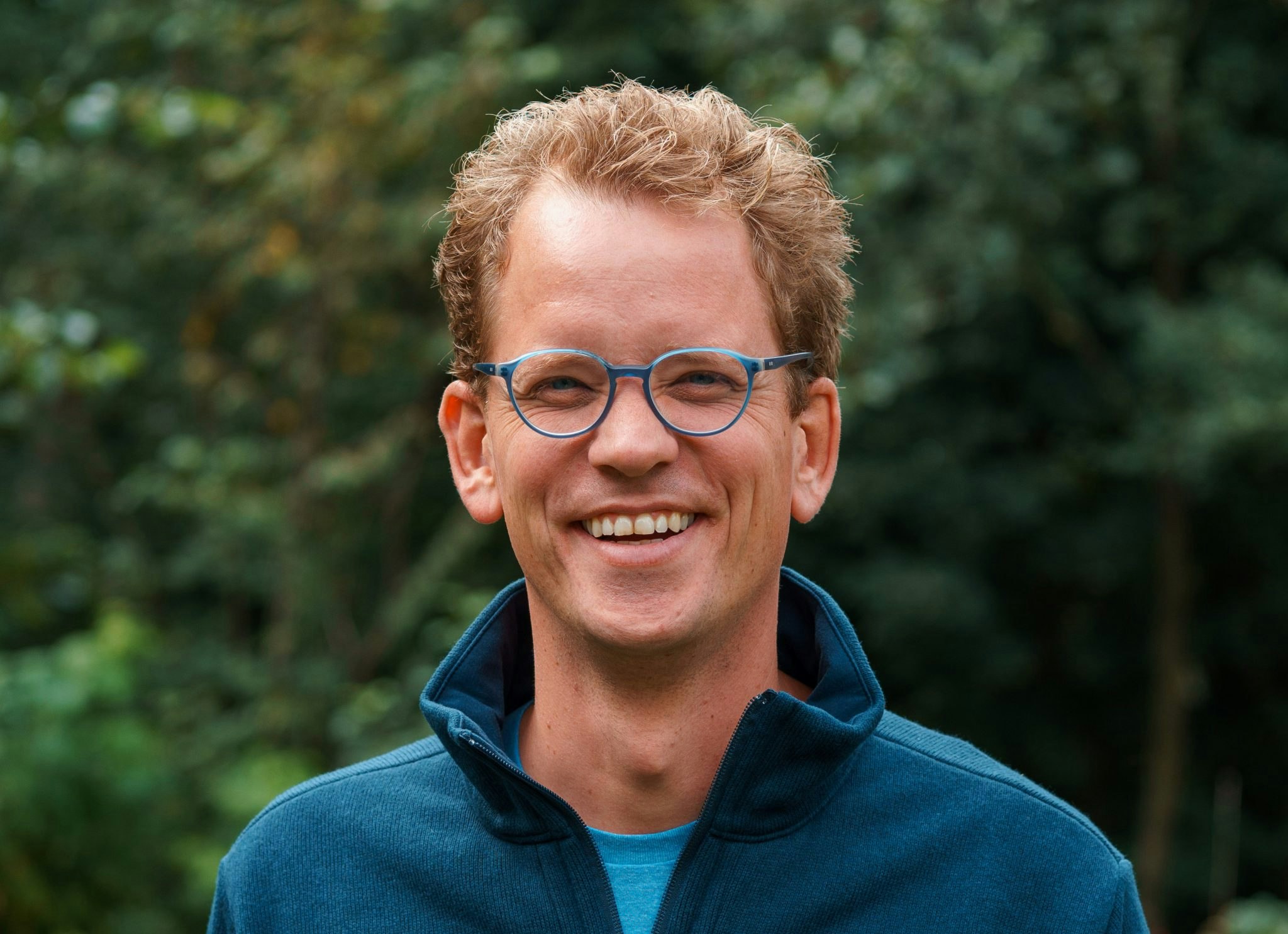Dutch biotech startup Cradle is announcing a $24m Series A led by Index Ventures with the participation of Kindred Capital and angel investors.
The company’s protein engineering technology is already being used in a dozen projects with industry players and has been shown to halve the time on R&D needed to bring products to clinical tests.
With the new capital, Cradle will grow its 20-person-strong team.
How GenAI is used in drug discovery
Cradle helps make drug development faster and cheaper by creating software to create proteins, the building blocks of therapeutics, with the properties drugmakers desire.
One of the issues drug developers are struggling with is to get a protein to work in the way one wants, says Stef van Grieken, Cradle’s CEO and cofounder.
“If you're trying to engineer an antibody that could cure a certain type of cancer that the immune system doesn't naturally recognise, you want to make sure that it binds to the right thing, that it stays in your bloodstream for long enough so it can find its target, and that it's safe and manufacturable. The way people do that is by making changes to a sequence, like a protein sequence,” van Grieken says.
Cradle has created a large database of all known protein sequences — approximately two billion — and attached labels to them; for example, how they respond to certain temperatures. Cradle's generative AI models are then trained on these protein sequences and data generated in the startup’s wet laboratory.
Data protection for billion-dollar drugs
The GenAI platform is then used by industry partners, including Johnson & Johnson Innovation, Novozymes and Twist Bioscience, to identify the right proteins for projects they are working on.
“We’ve basically demonstrated with a couple of our customers that we're able to accelerate them significantly in terms of their R&D,” van Grieken says.
Data security is a particularly important feature of the software for companies with billion-dollar drug development budgets and sensitive IP.
“Our machine learning models are isolated for individual customers because, obviously, the last thing I want is the IP of one customer to get remembered [by the AI] and then reproduced somewhere else,” van Grieken says.
Precisely because clients don’t want to share data, Cradle also needs to generate its own data to train its models. To solve this problem, Cradle is opening a new large lab in Amsterdam, which will have more automation than its current lab in Delft, to run more experiments.
Accelerate growth
Van Grieken has previously worked at Google on its large language model development. When asked whether Cradle’s AI will become faster over time, he is hopeful.
“It's always hard to predict the future with AI. I think we're sort of in GPT-1 land when it comes to proteins — there's still a lot to be learned. So there's definitely a lot of headroom to go a lot faster,” he says.

Apart from its Amsterdam lab, Delft headquarters and an office in Zurich, there are discussions on whether or not to open commercial operations in the US.
“For biotech, it's about 40% in North America, 40% Europe and 20% Asia, so at least the European market is pretty much covered right now,” he says.
The investors
The latest funding round brings Cradle’s total funding to $33m after a $5.5m seed round a year ago. The investors of the Series A were:
- Index Ventures
- Kindred Capital
- Chris Gibson, cofounder and CEO of biotech company Recursion
- Tom Glocer, former CEO of Thomson Reuters and lead director at pharmaceutical company Merck


